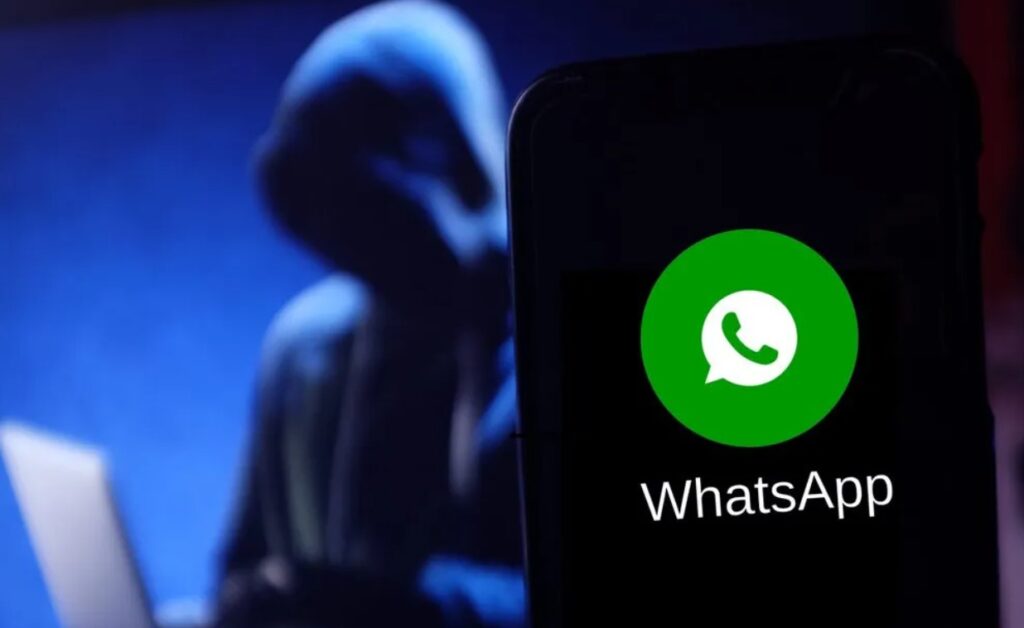In a recent incident reported in Kerala, an individual named Radhakrishnan fell victim to an AI-deepfake scam and lost Rs 40,000. According to the Deccan Herald, Radhakrishnan, who resides in Kozhikode, received a video call from an unfamiliar number. During the call, the person appearing on the screen resembled one of Radhakrishnan’s former colleagues from Andhra Pradesh. To gain his trust, the caller even mentioned the names of some mutual acquaintances. Read More Business News on our website.

AI-Based Fraud On WhatsApp Know About This New Scam
Believing the call to be genuine, Radhakrishnan continued the conversation. However, a few minutes into the call, the caller requested an immediate financial assistance of Rs 40,000 for a relative’s medical emergency. Wanting to help his friend, Radhakrishnan agreed and sent the amount online. Shortly after, the same person asked for an additional Rs 35,000, which raised suspicions in Radhakrishnan’s mind. He decided to contact his former colleague to verify the situation and discovered that he had been deceived—the call was not authentic. Radhakrishnan promptly reported the fraud to the police.
In response to the complaint, the police initiated an investigation and traced the transaction to a private bank in Maharashtra. The bank authorities subsequently froze the associated account. The Kerala Police Cyber Cell stated that this is the first reported case in Kerala involving scammers using AI technology to create fake videos. These criminals utilize images sourced from social media to generate fraudulent videos and gather information like common friends’ names.
As a precautionary measure, the police have issued a warning about online scams involving AI-based deep fakes. They urge people to exercise caution and verify the authenticity of such requests. Furthermore, individuals are encouraged to promptly report any instances of cheating to the police helpline number 1930, enabling them to freeze transactions and take appropriate action.
What is this AI call?
AI based calls is been becoming a type of potential scam these days. In this type of scam the caller tend to create a manipulative video or audio recordings of an individual who has a known/trusted relationship. They tend to impersonate that “trusted” individual and try to seek out personal and private details, which should not be shared. By this act of flogging, they earn benefits for themselves while leaving the other in vain mostly financial issues.
Protection
To protect oneself from such scams or impersonation, it is highly important to remain cautious and take appropriate actions. If you receive a suspicious call, make sure to inform the police. In case you suspect a call involves a deep fake, report it to the police for investigation and potential legal action will be taken.
Moreover, being aware of certain hints or prompts can help one to identify a deep fake call. These signs include noticeable differences in the caller’s voice, requesting for personal information that the caller should not have such as asking for money or sharing credit card details. By staying vigilant and promptly reporting any suspicious calls, you can help protect yourself and others from becoming victims of deep fake call scams.
